What Is A Qualified Mortgage?

In the dynamic world of real estate, it's crucial to be familiar with various mortgage terms and concepts to make sound financial decisions. Among these, the concept of a qualified mortgage often surfaces, generating a lot of queries and curiosity. However, not many people can specify the differences between a qualified mortgage and other types of mortgages. Thankfully, the real estate attorney professionals at Crescent Title are here to help you understand the specificities of mortgages.
Exploring the Basics of a Qualified Mortgage
A Qualified Mortgage (QM) is a special type of home loan that meets specific criteria set by the Consumer Financial Protection Bureau (CFPB). These criteria were established as a result of the Dodd-Frank Wall Street Reform and Consumer Protection Act of 2010, designed to protect consumers from questionable lending practices. It's paramount to know that QMs were created to ensure borrowers are given loans they can feasibly repay.
Criteria that Define a Qualified Mortgage
To be classified as a QM, a mortgage must meet several stringent requirements. For starters, it cannot contain risky features. Examples include interest-only payments, negative amortization, and balloon payments. Furthermore, the term of a QM cannot exceed 30 years.
One of the primary conditions of a QM is the ability-to-repay rule. Lenders need to thoroughly assess a borrower's financial situation, including their income, assets, employment status, and credit history. This rule ensures that a borrower is not provided a loan that they cannot afford to repay.
The points and fees involved in a QM are also capped. These cannot exceed 3% of the total loan amount for loans over $100,000.
The Advantages of a Qualified Mortgage
For borrowers, QMs come with a host of advantages. Notably, they minimize the risk of default, as the lender must ascertain the borrower's ability to repay the loan. The absence of risky loan features further ensures that borrowers are not entangled in loans that they cannot manage in the long term.
Conversely, lenders also benefit from offering QMs. They receive certain legal protections when they issue Qualified Mortgages, mainly through the form of a legal presumption that they have complied with the ability-to-repay rule.
The Potential Limitations of a Qualified Mortgage
While QMs bring many benefits, they are not without potential drawbacks. They often require a strong credit history and stable income, making it harder for certain groups, like self-employed individuals or those with inconsistent income, to qualify.
Moreover, the 3% cap on points and fees might make some smaller loans unprofitable for lenders, potentially limiting the availability of credit for those seeking smaller loan amounts.
Getting the Right Legal Guidance on Qualified Mortgages
The journey to homeownership can be a convoluted process, with a plethora of mortgage options and intricate real estate laws. That’s why it's vital to have the right legal guidance.
Crescent Title is committed to providing comprehensive, expert legal advice on all things real estate. With a strong team of experienced attorneys, we ensure that every client understands the fine print before making a significant financial commitment like a qualified mortgage. Empower yourself today by reaching out to Crescent Title for the best real estate attorney services around, and let us make your real estate journey smoother, secure, and free from legal ambiguities.

